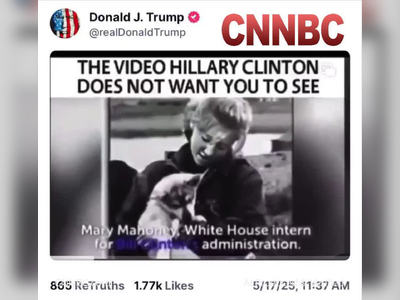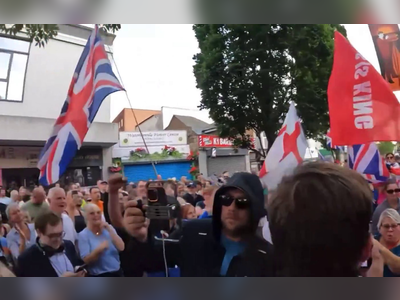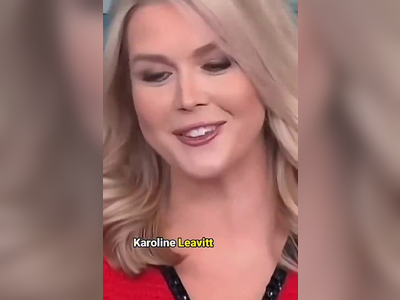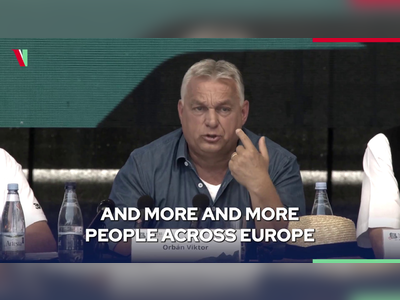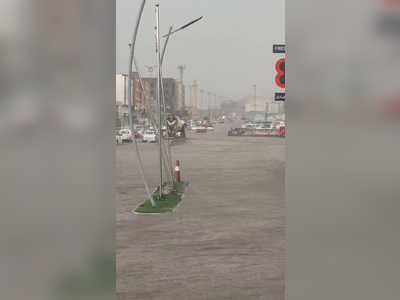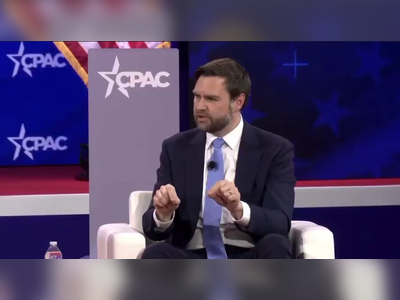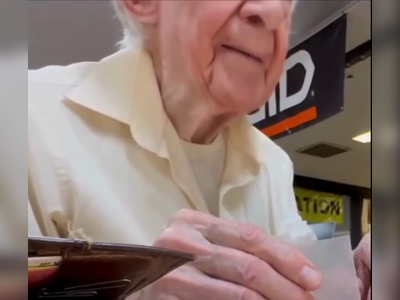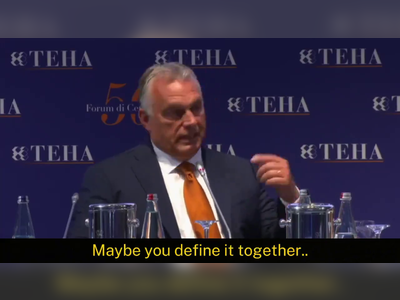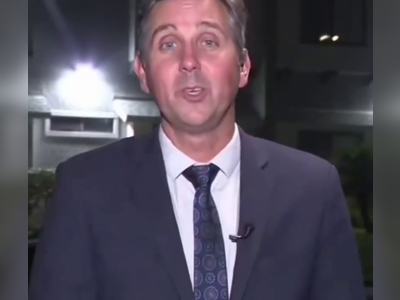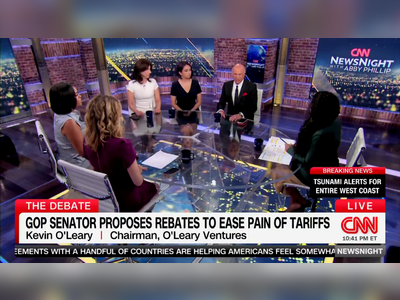Los Angeles Enters Fourth Day of Protests Amid National Guard Deployment
Large protests continue in Los Angeles over ICE immigration raids as Trump authorizes 2,000 National Guard troops to respond.
Los Angeles is experiencing its fourth consecutive day of protests following a series of federal immigration enforcement actions, which have prompted widespread demonstrations against perceived injustices towards immigrant communities.
In response to the escalating unrest, U.S. officials have deployed approximately 2,000 National Guard members to the city to support law enforcement efforts.
The protests intensified over the weekend after agents from U.S. Immigration and Customs Enforcement (ICE) conducted operations that resulted in numerous arrests, impacting local workers in sectors such as garment manufacturing and day labor.
Reports indicate that as many as 44 individuals were detained during these actions, leading to accusations from immigrant rights advocates about due process violations, including a lack of access to legal support for the detainees.
California Governor Gavin Newsom has publicly opposed the deployment, calling it an unlawful federalization of the state's National Guard.
He announced a lawsuit challenging the Trump administration's actions, asserting that such measures reflect an abuse of presidential authority.
Newsom remarked, "There is no invasion.
There is no rebellion," framing the federal response as politically motivated.
Tensions between state and federal officials have escalated, with Trump suggesting the possibility of arresting Newsom and Los Angeles Mayor Karen Bass, threats that have drawn criticism and led to accusations of authoritarianism.
In response to these threats, Newsom has urged peaceful protest and emphasized the need for dialogue rather than division.
The American Civil Liberties Union (ACLU), in support of the ongoing protests, organized a rally to demand an end to ICE raids and the humane treatment of those detained.
The ACLU has also indicated plans to file a lawsuit against the National Guard's deployment in California.
Demonstrators have filled the streets, particularly in downtown Los Angeles, with a large gathering reported around key government sites such as city hall and a federal courthouse.
While many protests have remained peaceful, interactions with law enforcement have turned violent at times, with reports of projectiles being thrown at police and instances of tear gas being deployed to disperse crowds.
The deployment of the National Guard marks a significant event in the context of U.S. civil unrest, having not been executed without a governor's request since 1965. The military presence aims to provide additional support to law enforcement while assuring the protection of federal properties and personnel.
Trump claimed that the deployment was necessary to address ongoing lawlessness, asserting that his administration maintains a zero-tolerance policy for violence against law enforcement.
Military experts have voiced concerns about the implications of this deployment for the military's role in domestic politics, underscoring fears that such actions may encourage further politicization of military forces.
In tandem, Trump’s administration is signalling a wide-ranging response to civil disobedience and unrest across the country, further exacerbating divisions along party lines.
The unfolding events in Los Angeles are part of a broader national dialogue surrounding immigration, the right to protest, and the appropriate use of federal force in domestic affairs.
In response to the escalating unrest, U.S. officials have deployed approximately 2,000 National Guard members to the city to support law enforcement efforts.
The protests intensified over the weekend after agents from U.S. Immigration and Customs Enforcement (ICE) conducted operations that resulted in numerous arrests, impacting local workers in sectors such as garment manufacturing and day labor.
Reports indicate that as many as 44 individuals were detained during these actions, leading to accusations from immigrant rights advocates about due process violations, including a lack of access to legal support for the detainees.
California Governor Gavin Newsom has publicly opposed the deployment, calling it an unlawful federalization of the state's National Guard.
He announced a lawsuit challenging the Trump administration's actions, asserting that such measures reflect an abuse of presidential authority.
Newsom remarked, "There is no invasion.
There is no rebellion," framing the federal response as politically motivated.
Tensions between state and federal officials have escalated, with Trump suggesting the possibility of arresting Newsom and Los Angeles Mayor Karen Bass, threats that have drawn criticism and led to accusations of authoritarianism.
In response to these threats, Newsom has urged peaceful protest and emphasized the need for dialogue rather than division.
The American Civil Liberties Union (ACLU), in support of the ongoing protests, organized a rally to demand an end to ICE raids and the humane treatment of those detained.
The ACLU has also indicated plans to file a lawsuit against the National Guard's deployment in California.
Demonstrators have filled the streets, particularly in downtown Los Angeles, with a large gathering reported around key government sites such as city hall and a federal courthouse.
While many protests have remained peaceful, interactions with law enforcement have turned violent at times, with reports of projectiles being thrown at police and instances of tear gas being deployed to disperse crowds.
The deployment of the National Guard marks a significant event in the context of U.S. civil unrest, having not been executed without a governor's request since 1965. The military presence aims to provide additional support to law enforcement while assuring the protection of federal properties and personnel.
Trump claimed that the deployment was necessary to address ongoing lawlessness, asserting that his administration maintains a zero-tolerance policy for violence against law enforcement.
Military experts have voiced concerns about the implications of this deployment for the military's role in domestic politics, underscoring fears that such actions may encourage further politicization of military forces.
In tandem, Trump’s administration is signalling a wide-ranging response to civil disobedience and unrest across the country, further exacerbating divisions along party lines.
The unfolding events in Los Angeles are part of a broader national dialogue surrounding immigration, the right to protest, and the appropriate use of federal force in domestic affairs.

